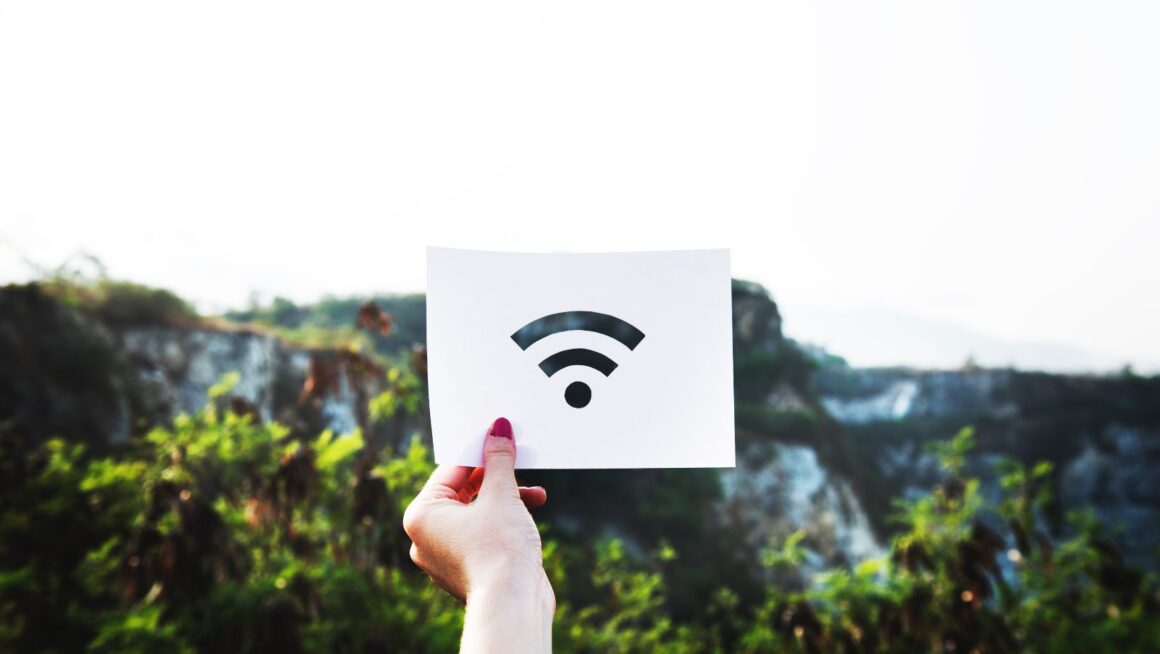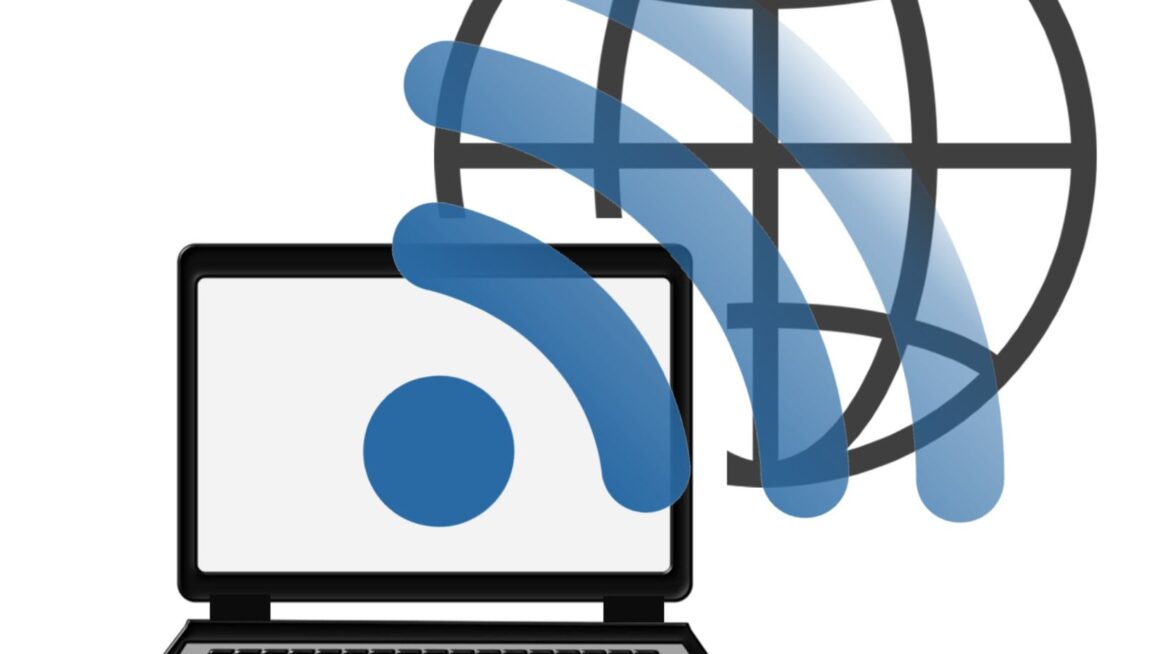Have you noticed your internet slowing to a crawl during the evening hours? You’re not alone. Many people experience reduced speeds at night, leading to frustration when trying to stream a movie, join a video call, or play online games. But why does this happen, and what can you do about it? Let’s break down the common causes of nighttime internet slowdowns and explore practical solutions.
Table of Contents
ToggleThe Evening Rush: Peak Usage Hours
The primary reason for slower internet at night is increased demand. Between 7 PM and 11 PM, known as peak usage hours, households across your area are streaming shows, playing games, and attending virtual meetings. This surge in activity can overwhelm your internet service provider’s (ISP) infrastructure, leading to slower speeds for everyone.

If you rely on fast fiber internet, you may notice less of a slowdown during peak hours compared to users on other connection types. Fiber networks are designed to handle higher bandwidths, making them more resilient under heavy loads. However, even fiber users can experience congestion if the demand in their area is exceptionally high.
What You Can Do
- Stream Off-Peak: If possible, download large files or stream during off-peak hours to avoid competing with heavy traffic.
- Upgrade Your Plan: Consider a plan with higher speeds or better peak-time performance if your current one doesn’t meet your needs.
ISP Throttling: A Common Culprit
Some ISPs intentionally reduce internet speeds during peak hours to manage network traffic, a practice known as throttling. This is particularly common for users on unlimited data plans, where providers may prioritize bandwidth for other customers.
How to Identify Throttling
- Perform a speed test during off-peak and peak hours.
- If the speeds differ significantly, throttling might be the issue.
Solutions
- Use a VPN: A virtual private network (VPN) can mask your online activity, making it harder for your ISP to throttle specific services like streaming or gaming.
- Contact Your ISP: Discuss your issues and inquire about premium plans with less restrictive policies.
Shared Connections in Apartment Complexes
If you live in an apartment building or densely populated neighborhood, your internet connection may slow down due to shared infrastructure. Many ISPs use a shared bandwidth model, meaning neighbors accessing the network simultaneously can reduce overall speeds.
How to Address This
- Upgrade Your Router: A high-performance router can better manage multiple devices and minimize congestion.
- Switch Providers: If your ISP doesn’t meet your needs, explore other options with more robust infrastructure in your area.
Outdated Equipment
Your router or modem might not be equipped to handle modern internet speeds, especially during high-demand periods. Old equipment can bottleneck your connection, making the problem worse at night.
Steps to Improve Your Equipment
- Check your router’s specifications to ensure it supports your internet plan’s speeds.
- Upgrade to a dual-band or tri-band router to reduce congestion on your home network.
- Position your router in a central, elevated location for better signal strength.
Too Many Devices Competing for Bandwidth
In today’s households, multiple devices—smartphones, laptops, gaming consoles, and smart TVs—are often connected simultaneously. During the evening, when everyone is home, these devices can compete for limited bandwidth.
Tips to Optimize Device Usage
- Disconnect Unused Devices: Turn off Wi-Fi on devices not in use to free up bandwidth.
- Enable QoS: Quality of Service (QoS) settings on your router allow you to prioritize certain activities, such as streaming or gaming, over less critical tasks.
- Set Parental Controls: Limit internet usage on children’s devices during peak hours.
Streaming Services and Content Providers
Sometimes, the issue isn’t with your internet but with the streaming services or websites you’re accessing. Popular platforms like Netflix and YouTube can experience their own surges in demand at night, leading to buffering or lower quality.
How to Mitigate This
- Lower Streaming Quality: Temporarily switch to a lower resolution to reduce data usage.
- Download Content in Advance: If possible, download shows or movies earlier in the day for smoother playback.
The Role of Network Maintenance
ISPs often schedule network maintenance during late-night hours to minimize disruptions for most users. However, if you’re a night owl, this could still impact your connection.
What You Can Do
- Check ISP Notifications: Keep an eye on maintenance schedules announced by your provider.
- Plan Around Maintenance: Use mobile data or alternative networks during these times.

By understanding the factors that contribute to slower internet speeds at night, you can take steps to minimize their impact. From upgrading your equipment to optimizing your router settings and exploring alternative providers, small changes can make a big difference. Whether you’re streaming, gaming, or simply browsing, these tips can help ensure a smoother and more reliable online experience, even during peak hours.



